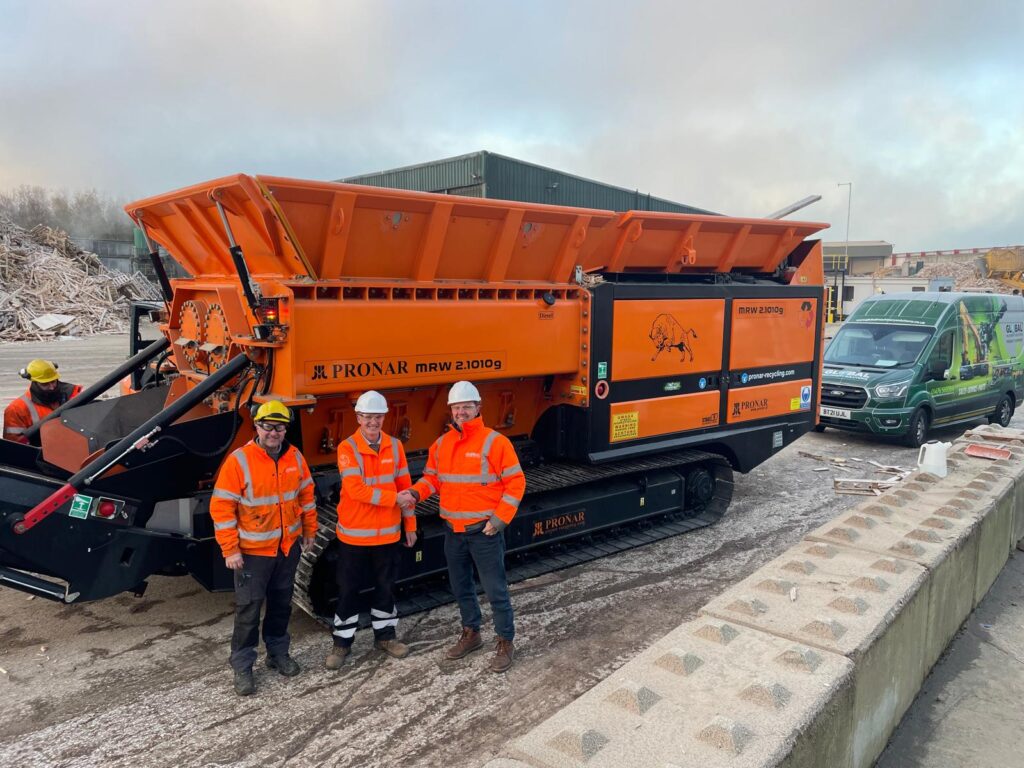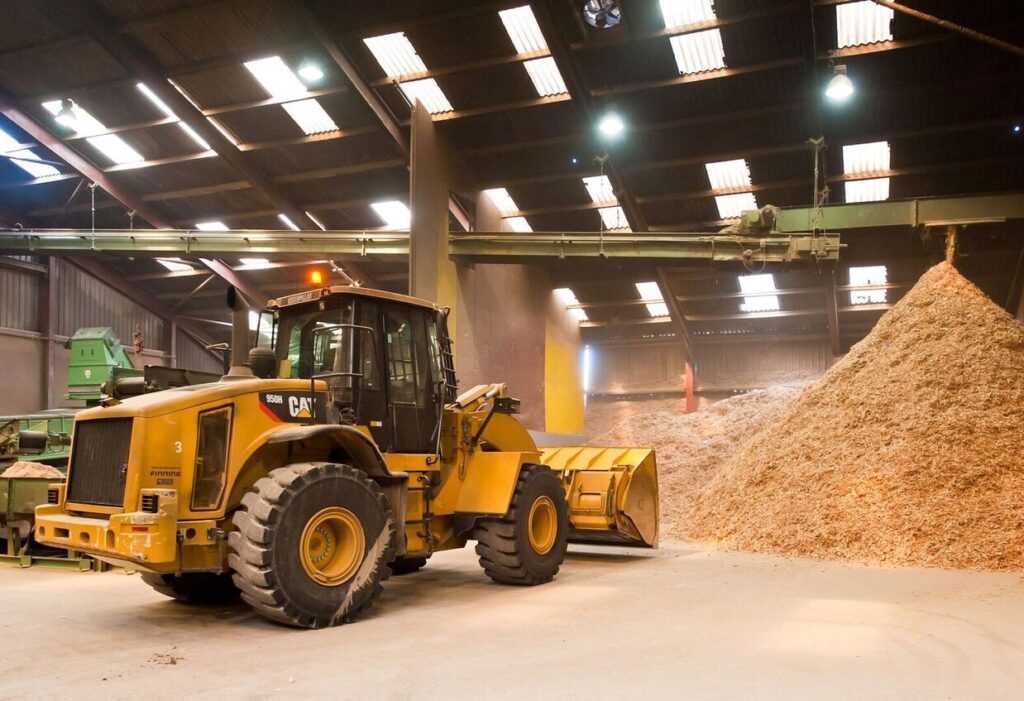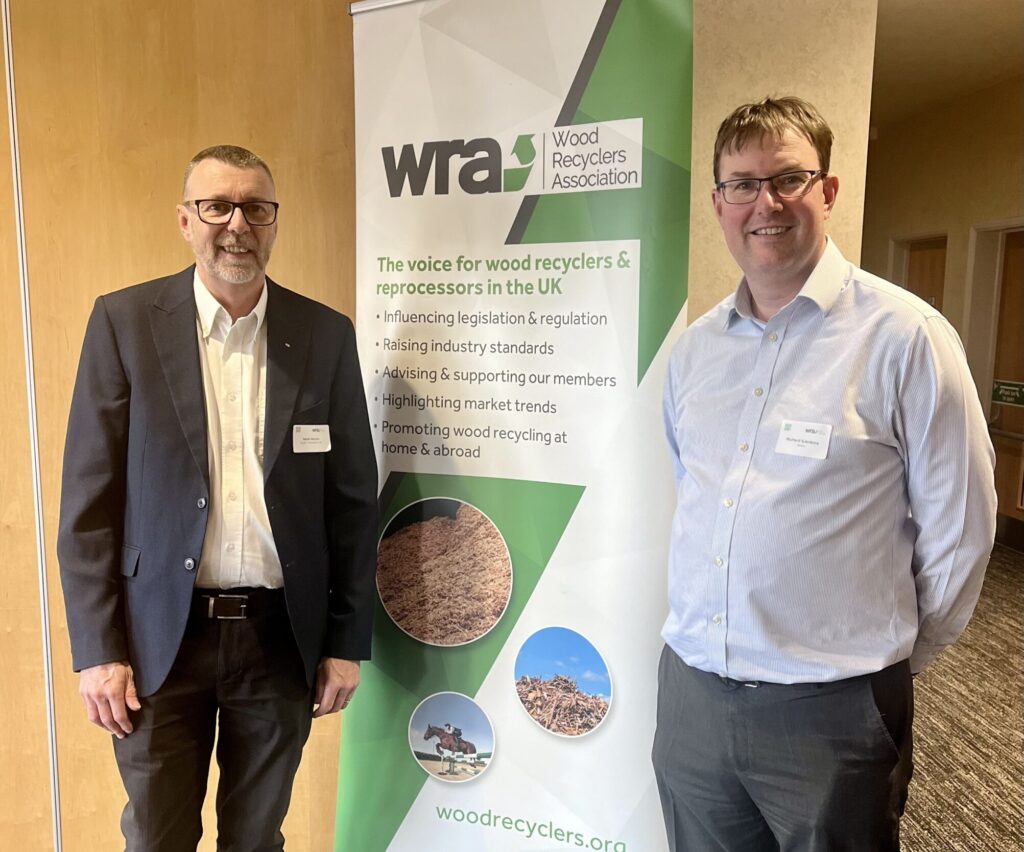The protocol, which is expected to be published for consultation by the Environment Agency and WRAP in the next few days, aims to define the point at which recovered wood is no longer a waste, and therefore free from waste regulation.

However, WRAP has indicated that the protocol, which is expected to boost markets for recovered wood products, will only cover untreated waste wood (see letsrecycle.com story).
Mr Beadle has specific concerns over the exclusion of treated waste wood from the Protocol. As such, he claimed the Protocol ignores the only growth market for wood recyclers, whichsays issupplying the material as biomass fuel.
In a statement, Mr Beadle said: A limited QP is about to go out to public consultation, and it contains nothing about the use of low grade waste wood as biomass, which is the only growth market open to wood recyclers, and the only possible use for the large volumes of low grade waste wood unsuitable for recycling.
Whilst untreated wood as biomass is included in the consultation, this would of course contravene the waste hierarchy which favours recycling of clean waste wood, over use for energy recovery.
Low quality waste wood
Outlining why he believed the Quality Protocol should address low quality waste wood being used in biomass, Mr Beadle said it would have provided a much needed boost for the development of waste wood-to-energy facilities, as well as diverting more wastefrom landfill.
It is understood that the WRA recognises that not all aspects of wood recycling may be covered in the Quality Protocol but sees it as a document that can be built on in coming years.
The imminent publication of the Quality Protocol for waste wood is seen as a major landmark by many in the wood recycling sector, with the Wood Recyclers Association having advocated its introduction since 2006 (see letsrecycle.com story).
Previous attempts to develop a protocol have hit stumbling blocks, most recently last year, but also in 2007 (see letsrecycle.com story).
The Quality Protocol is being accompanied by the development of the PAS 111 standard, which was launched in draft form in January 2011 (see letsrecycle.com story ). The standard is designed to create more consistency in the way waste wood is accepted, graded and processed.






Subscribe for free